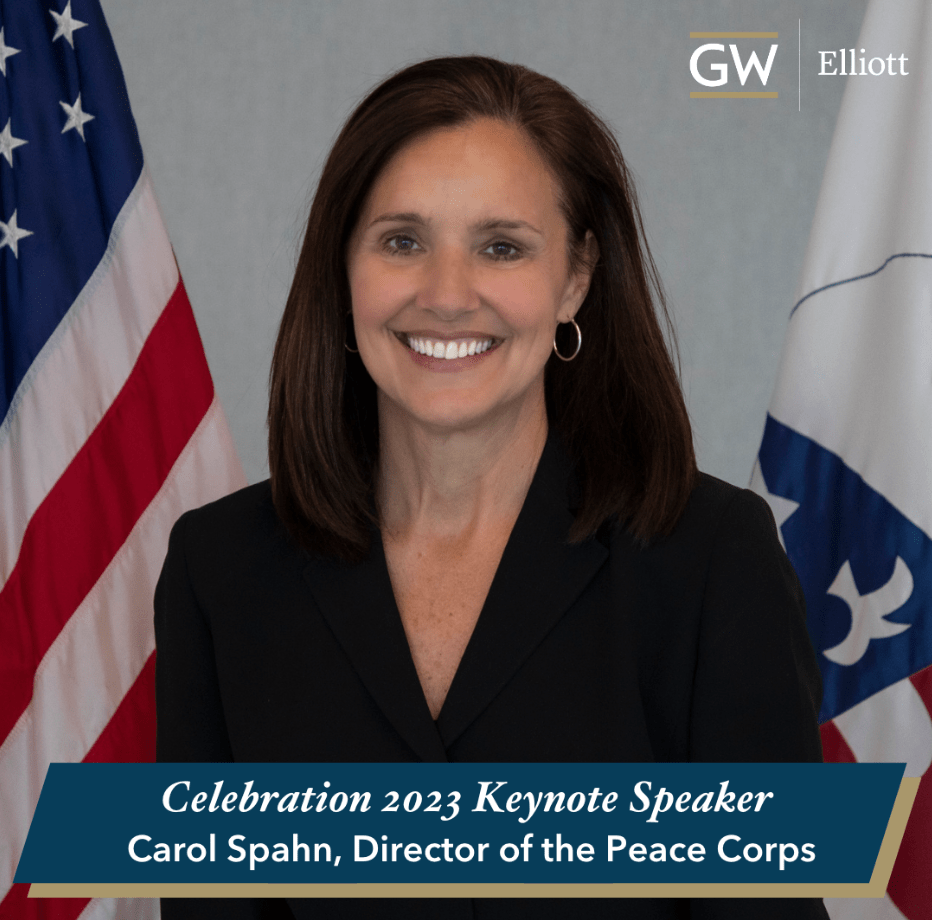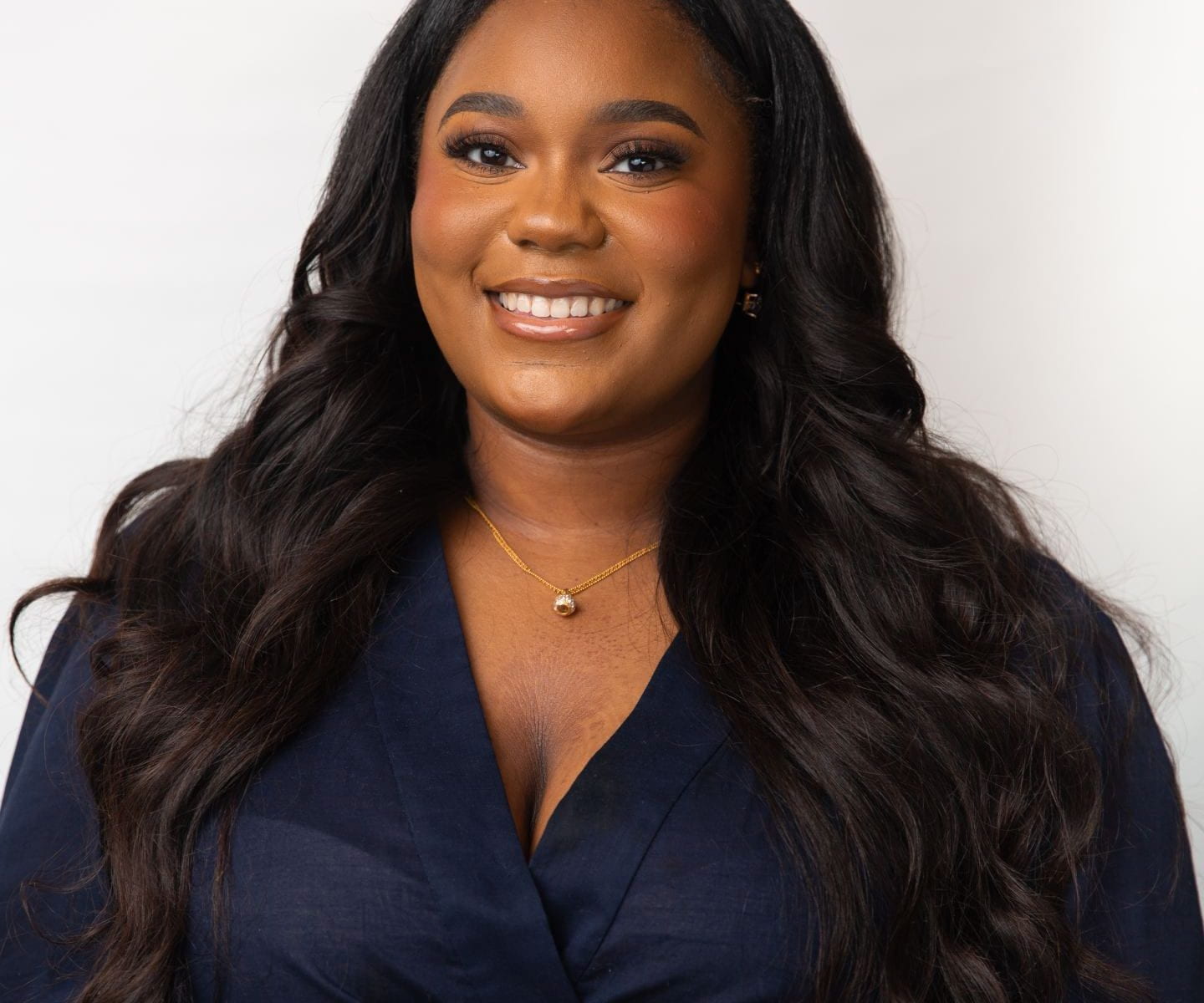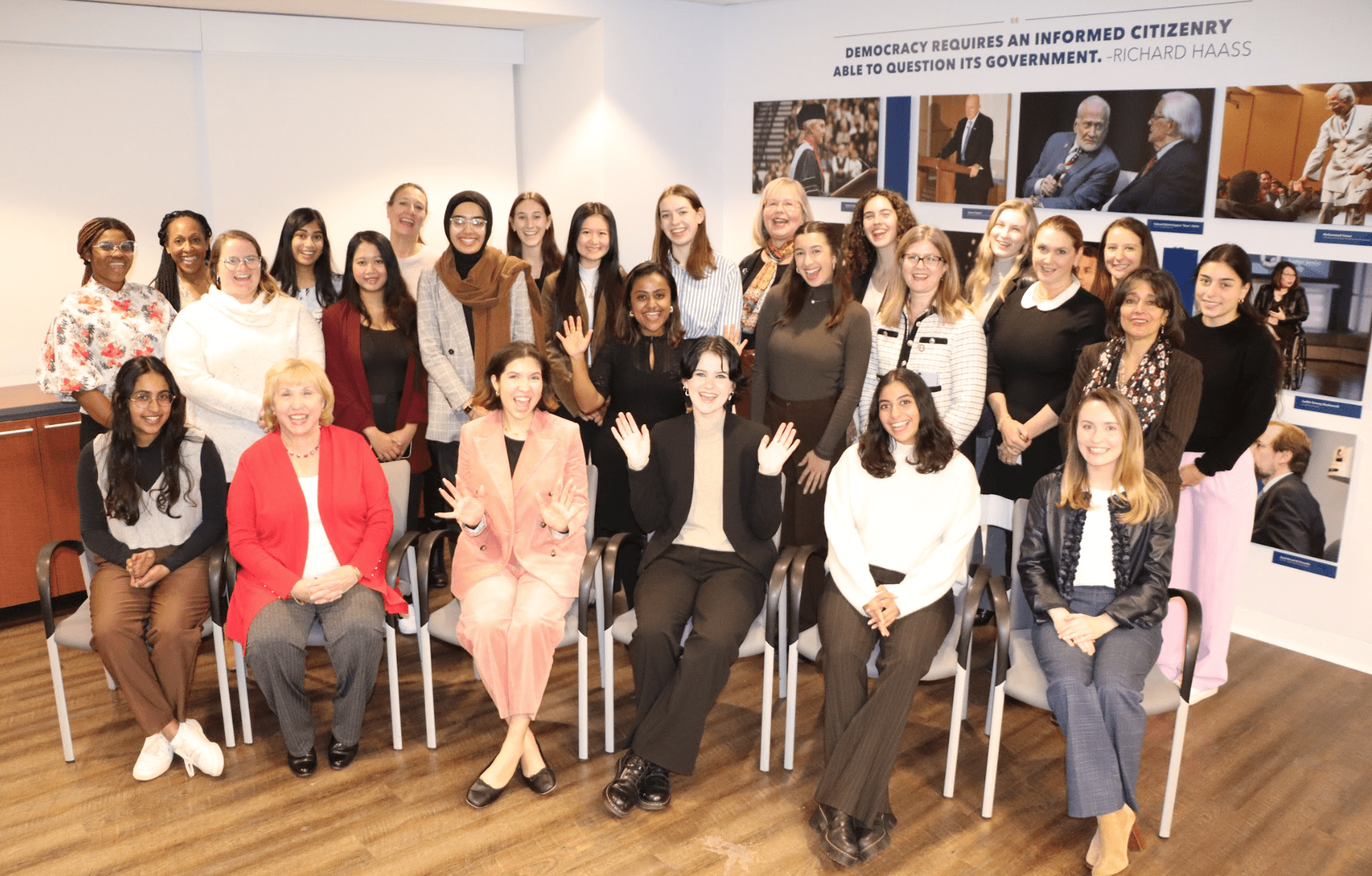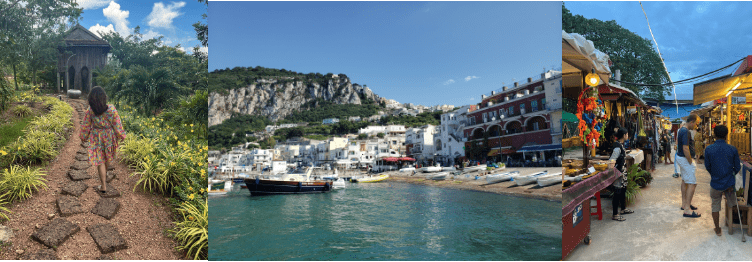The Elliott School of International Affairs at the George Washington University received an endowment gift from The Bridges Institute to support a new lecture series, as well as periodic meetings of Bridges’ Africa Policy Group.
The gift will support the newly named Bridges Institute Vivian Lowery Derryck Africa Lecture Series, an annual lecture series on U.S.-Africa engagement featuring a keynote address by a senior African leader.
The gift will also support the Elliott School’s convening of the Africa Policy Group (APG), a diverse group of influential voices from civil society, academia, and the U.S.-Africa policy community. The Bridges Institute’s Africa Policy Group meetings become part of the GW Elliott School’s Institute for African Studies portfolio of activities supported by the endowment.
The Africa Policy Group (APG), formed in 2011, is a non-partisan coalition of 30 senior Africa experts that shapes a more robust U.S. Africa policy by deepening knowledge and discussing new findings about Africa among group members, and then sharing informed APG perspectives with Members of Congress, senior Administration officials, and the private sector, as well as African colleagues.
“We are so grateful for this endowment, which will allow us to showcase Africa’s growing strategic importance to the United States and the global community and support a robust dialogue among civil society leaders, academics, and policymakers from both the U.S. and Africa on how best to advance our partnerships and common interests,” said Jennifer Cooke, director of the GW Institute for African Studies, headquartered at the Elliott School of International Affairs.
The donation was spearheaded by Vivian Lowery Derryck, founder and president emerita of The Bridges Institute, and an incoming member of the Elliott School Board of Advisors.
“It is my hope that this gift will provide inspiration for future generations of students, faculty, and policymakers focused on forging strong connections with African nations and working to strengthen African democracies,” Derryck said. “I am thrilled to partner with GW’s Elliott School to continue the important work of The Bridges Institute and delighted to join the school’s leadership board.”













